Reports
-
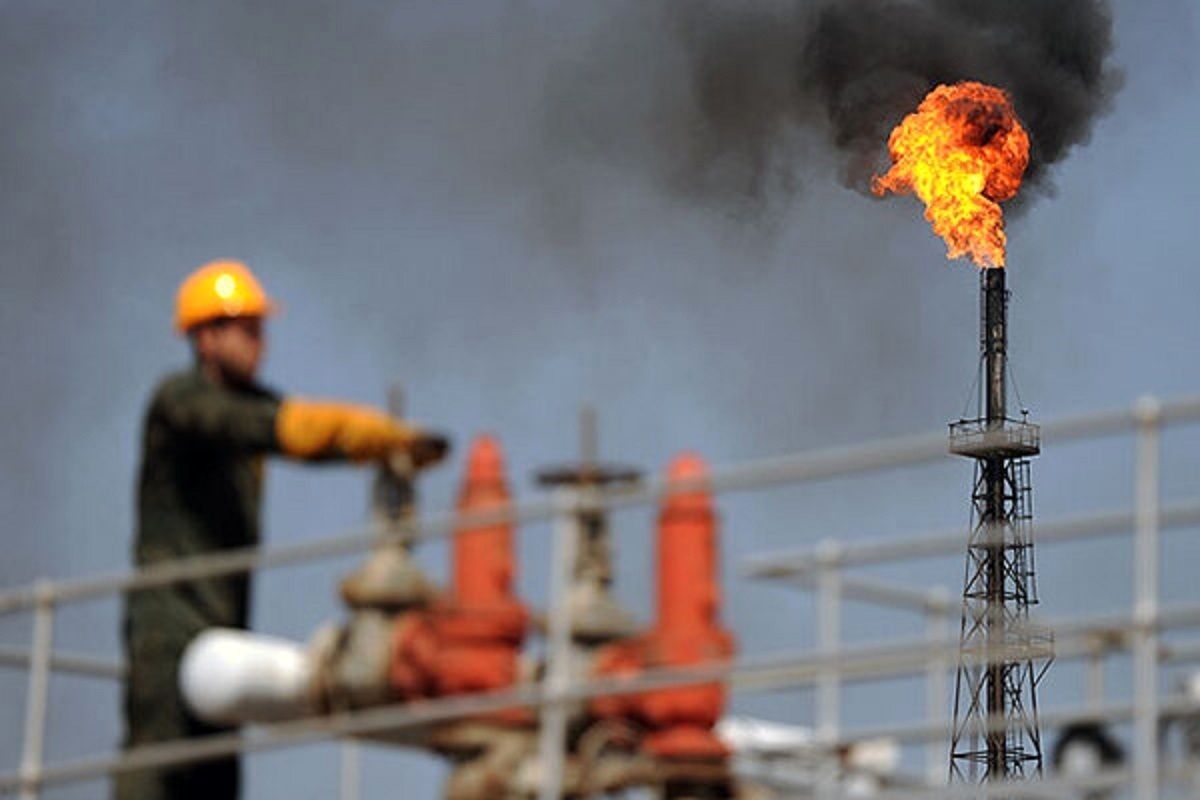
Strikes and Struggles: The Plight of Iran’s Oil Workers
•
The new wave of strikes, called the “14-14” campaign, began on June 19. Contract workers in various oil and gas companies went on strike demanding higher wages and a 14-day work, 14-day rest schedule. Earlier, these workers had warned that if their demands were not met by the end of…
-
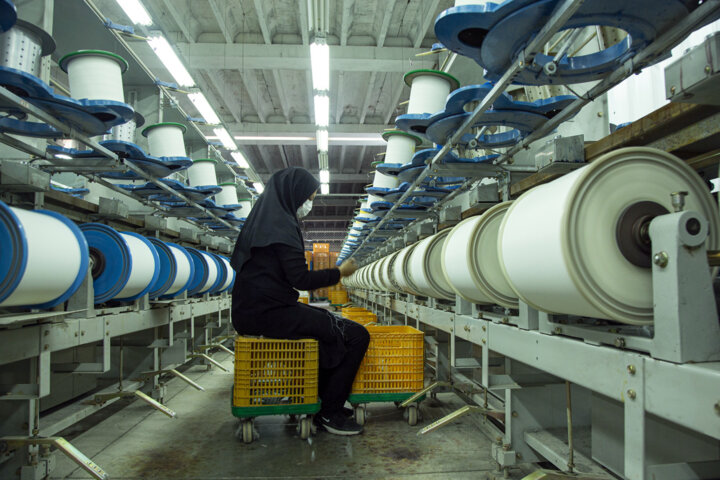
Wallet and Gender: Understanding Women’s Economic Marginalization in Iran
•
The Iranian centrist newspaper, Ham Mihan, has highlighted the issue of women’s employment in a recent report. Despite Iran having one of the highest numbers of female university students and graduates in the region, their participation in the labor market and economy remains lower than in most neighboring countries. The…
-
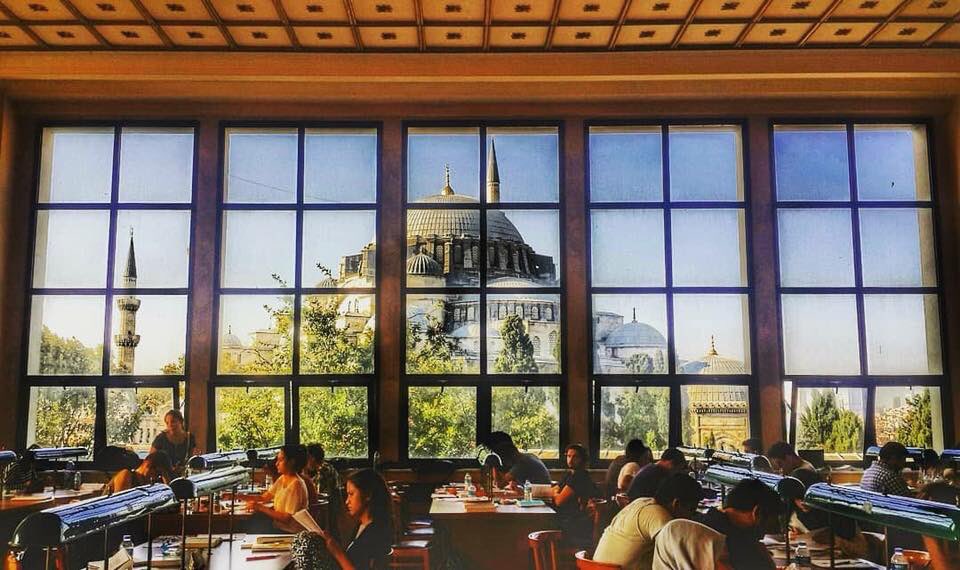
Hijab, Political Islam,
and the Construction of Theocracy in the Middle East•
The Iran-Iraq war saw the slogan “My sister, your hijab is your fortress” symbolizing the Islamic Republic’s efforts to cement its ideology through veiling. Over time, the veil revealed itself to be a protective measure for the regime rather than for women. Questions about policy’s significance in women’s dress arise…
-
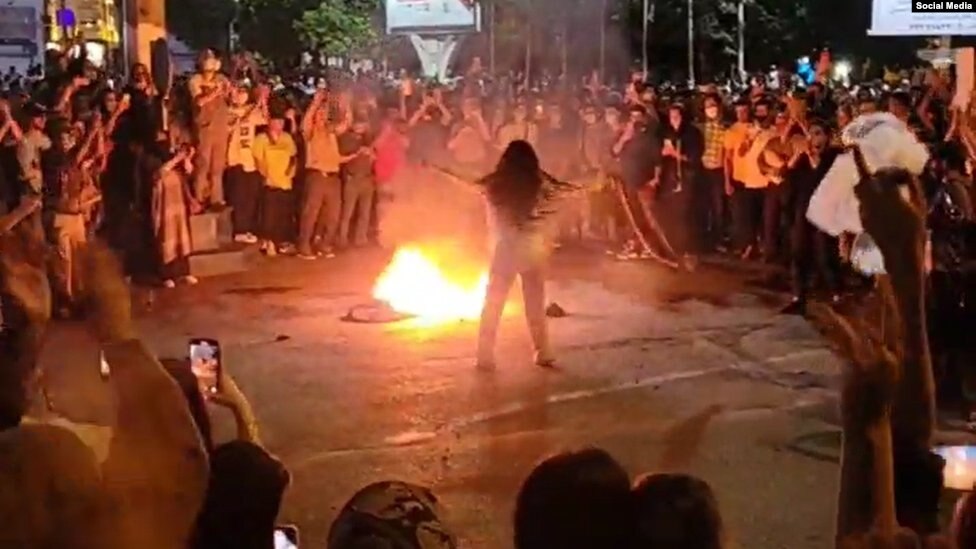
From Faith to Secularism: Shifting Attitudes in Iran
•
A nationwide government survey conducted in the 2024 winter shows a significant shift among Iranians away from the ruling ideology and towards a secular system. According to the national survey “Values and Attitudes of Iranians,” which is classified and has not been made public, an overwhelming majority of participants support…
-
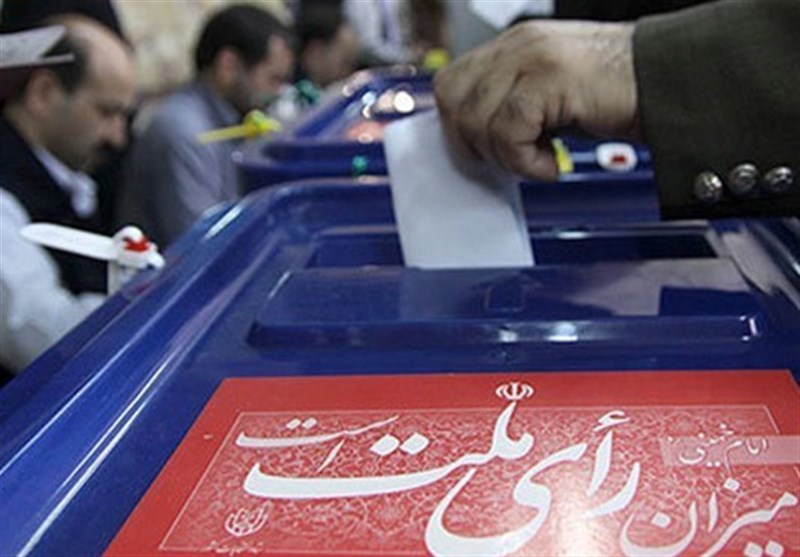
Islamic regime’s Chessboard:
Potential Presidential Candidates•
The Islamic Republic of Iran is preparing for a presidential election on June 28, 2024, following the untimely death of President Ebrahim Raisi in a helicopter crash. The governments of Mohammad Reza Shah Pahlavi and the Islamic Republic are both theocratic regimes. However, contrary to common perceptions, in certain aspects…
-
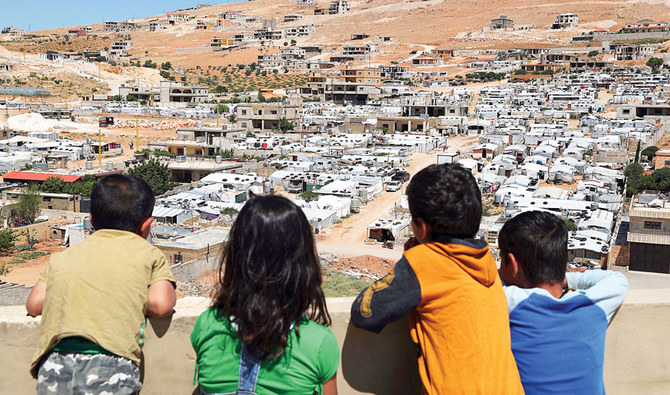
What the EU-Lebanon Agreement Means for Syrian Refugees
•
European Commission President Ursula von der Leyen visited Beirut and announced a billion-euro support package for Lebanon, focusing on banking, infrastructure, and border security to manage migration and potentially facilitate voluntary refugee returns. This move aligns with the EU’s broader policy to confine migration by funding third countries to detain…
-
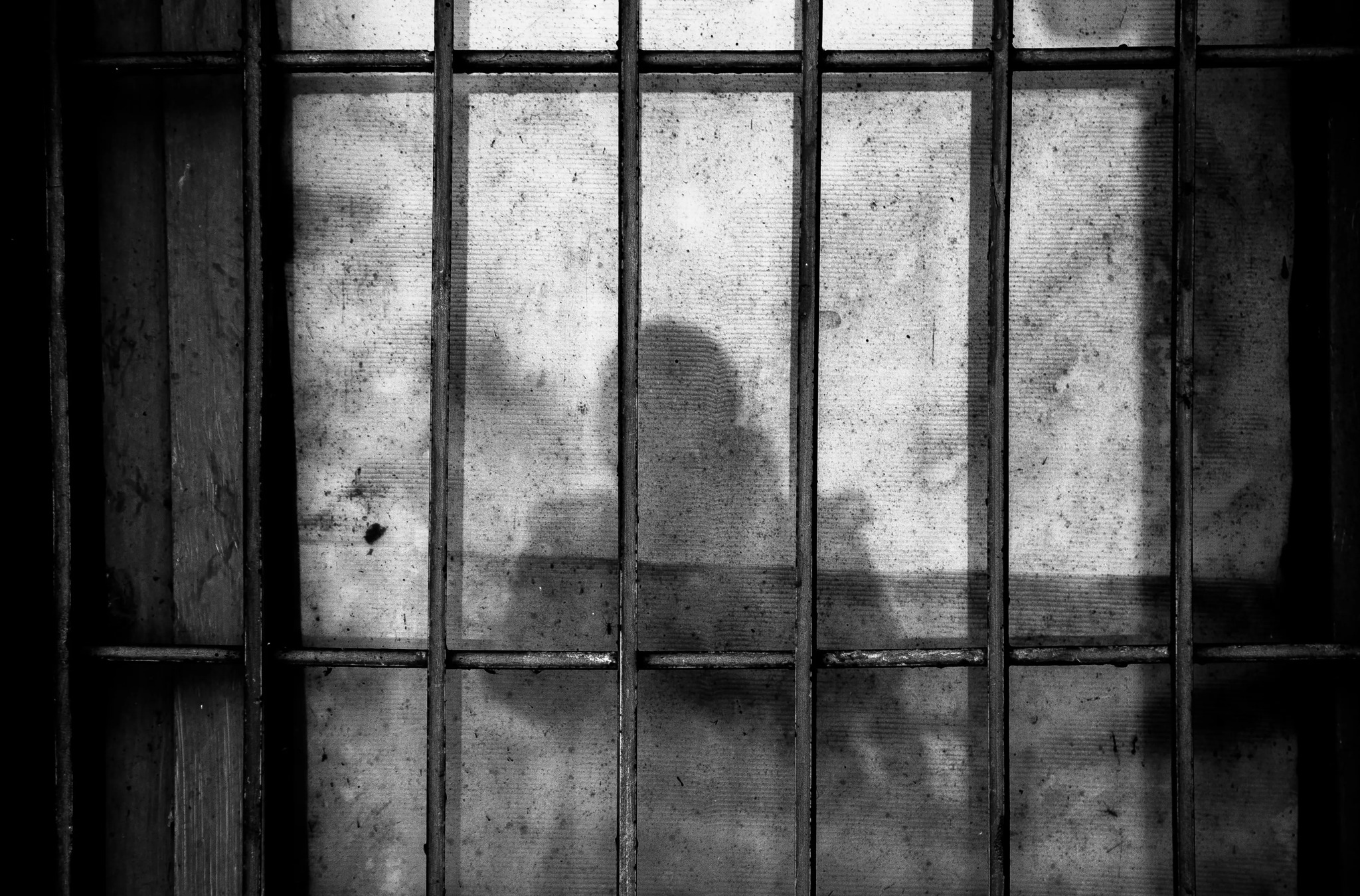
How Iran’s Political Prisoners Are Driven to Suicide
•
Dalia Andam, a 15-year-old Kurdish protester from Sanandaj, tragically ended her life after rejoining protests and receiving threats from law enforcement. On November 17, 2022, Dalia was shot with 25 pellets during a protest, further attacked later, and her family avoided hospitals for fear of arrest. She rejoined protests but,…
-
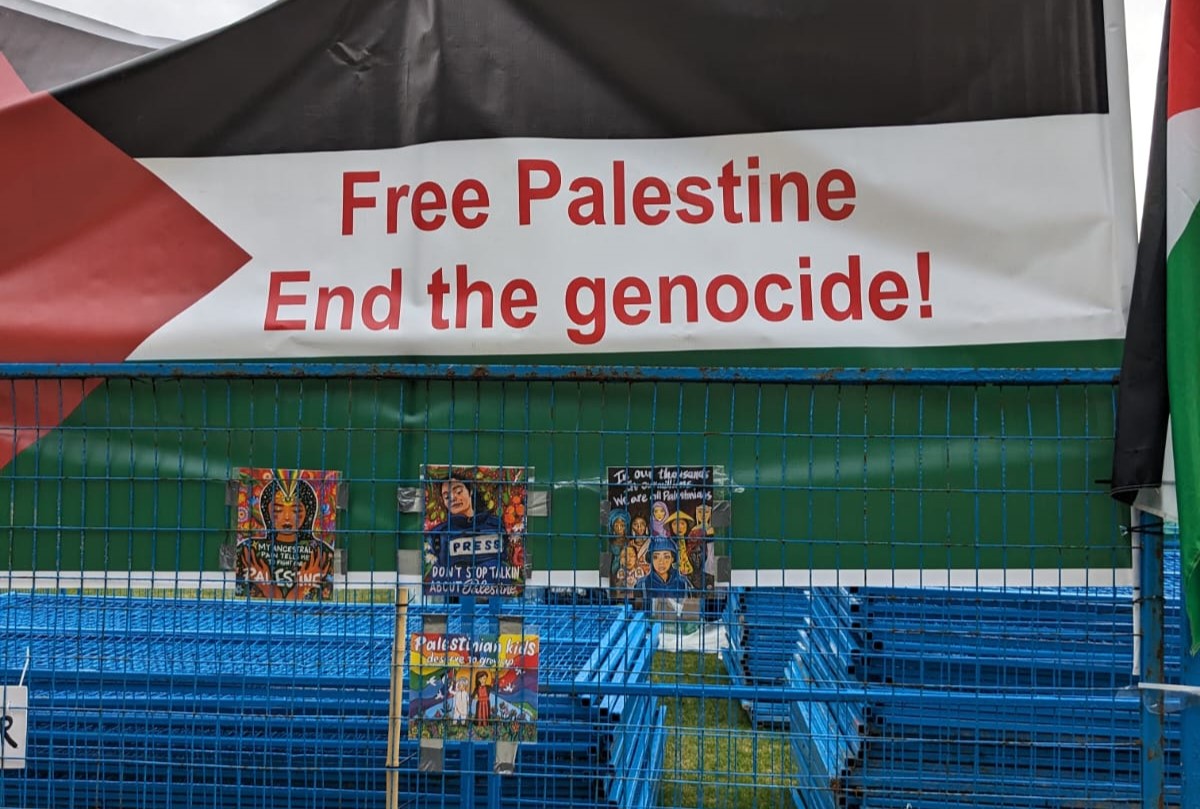
Disclose and Divest: UofT Students Support Palestine
•
Students at the University of Toronto have established a tent encampment on their campus advocating for Palestinian rights. They demand transparency in tuition spending to ensure it doesn’t support the Israeli government and ask for divestment from companies that oppress Palestinians. A large march is planned, and external groups are…
-
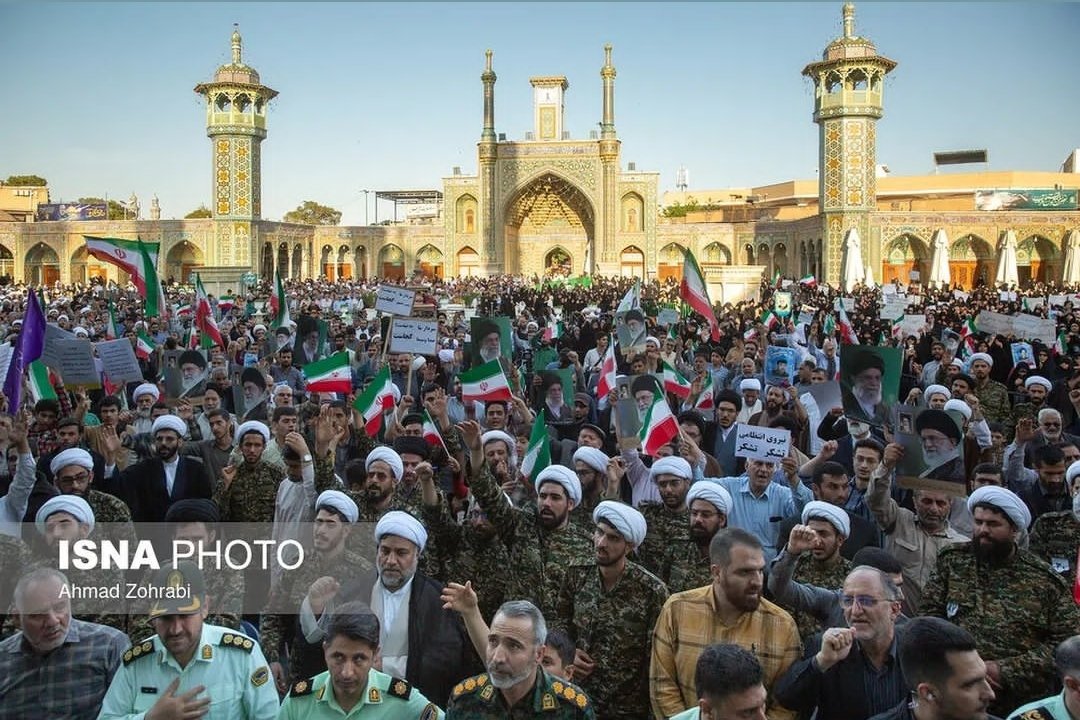
War on Women:
Tracing Nazi Tactics in Tehran’s Streets•
In an unprecedented regime resistance, Ali Khamenei the leader of Islamic regime in Iran introduced “Political Haram,” linking religious law with politics to fortify the ideological foundation of Iran’s regime. This ideological maneuver targets especially women protesters, expanding the state’s repressive measures. The enforcement integrates religious prohibitions with political suppression,…
-
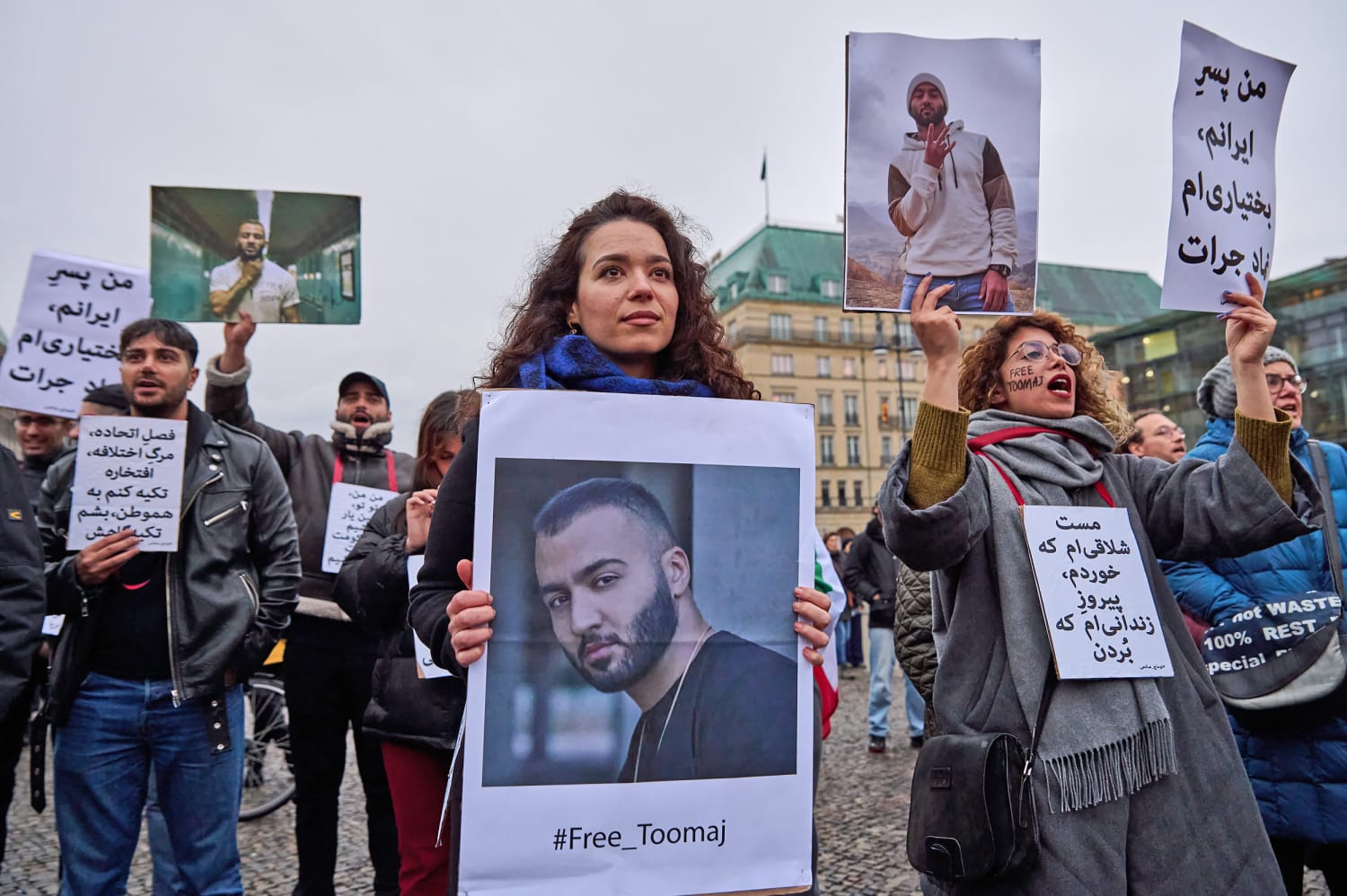
Rap as Rebellion:
Toomaj Salehi’s Battle Against Oppression•
Toomaj Salehi, the most famous protest rapper in Iran, is a mechanical engineer and a lathe worker who has spent his salary and even his motorbike on creating his songs in protest against the regime. He says he is not afraid and wants to spread his courage to others. In…
-
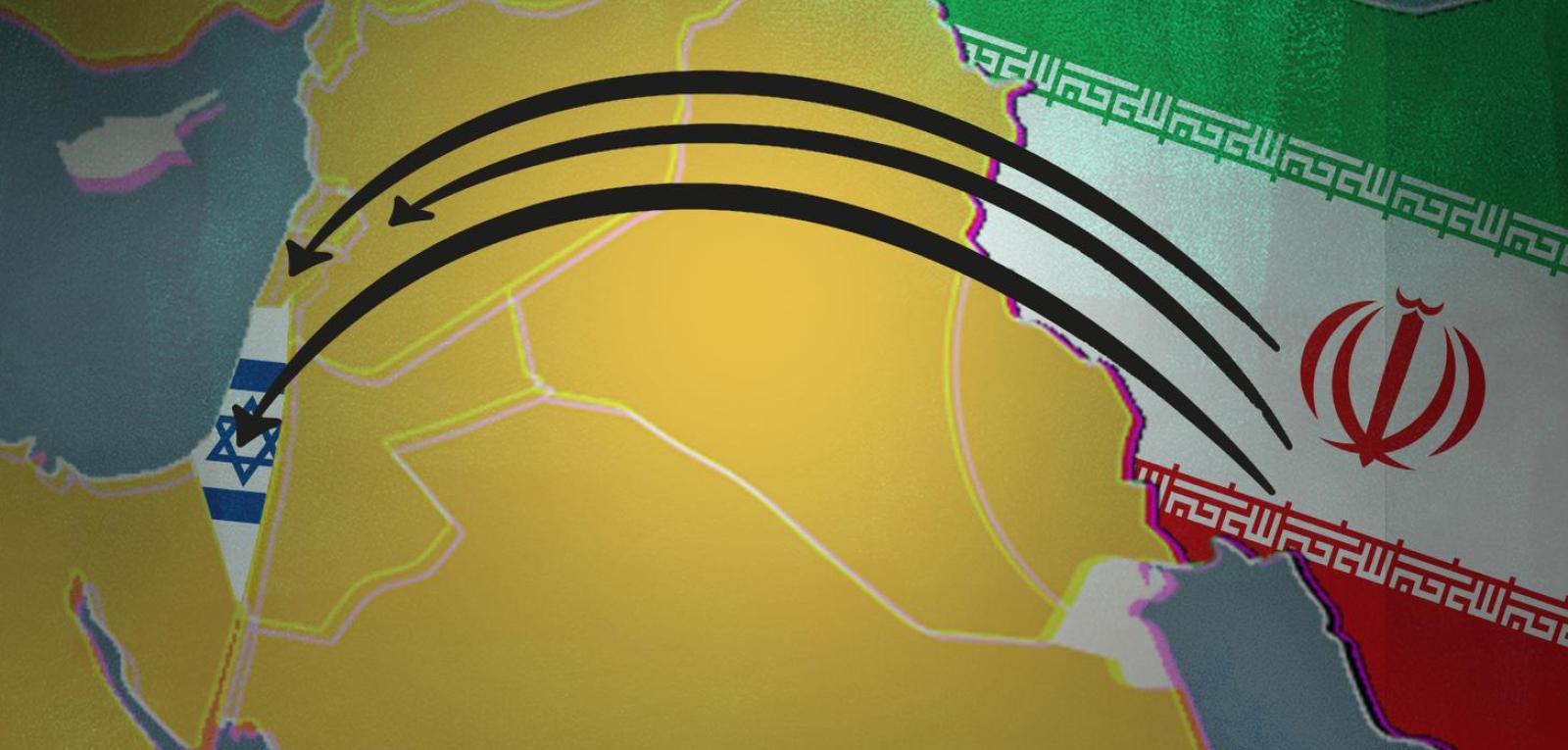
Voices of Dissent: Iranian Leftist Parties Condemn Militarism and Imperialism
•
Iranian leftist and communist organizations collectively condemn militarism, asserting the current Iran-Israel conflict benefits only the ruling regimes and imperialistic powers. They urge activism against war and oppression, associating increased hostilities with Iran’s attempts to distract from its domestic issues. Highlighting warmongering policies as a detriment to the Iranian populace…
-
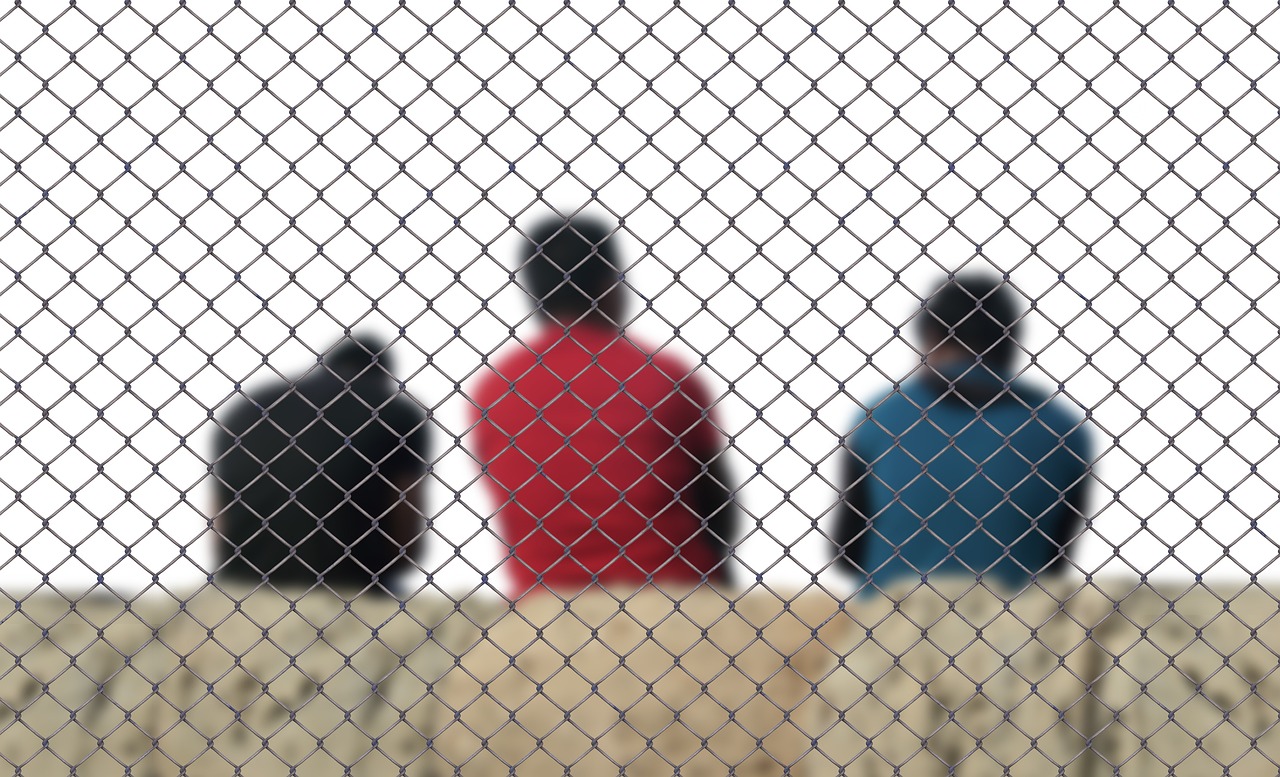
Voices from the Shadows:
Inside Sweden’s Deportation Camps•
Berham Mohammad, a Kurdish refugee in Gothenburg, recounts the harrowing conditions in a Swedish camp that resembles a prison-like environment with psychological warfare, inhumane treatment, and repeated violations of human rights. Incarcerated with other refugees, some long-term residents face forced returns, while harsh daily living conditions provoke hunger strikes and…




